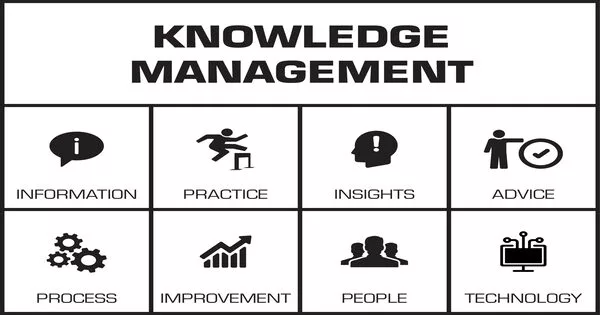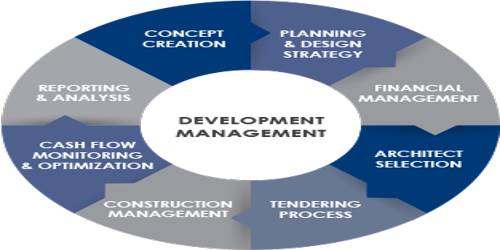Knowledge management (KM) is the collection of methods for creating, sharing, using, and managing an organization’s knowledge and information. It is the process of collecting, organizing, storing, sharing, and utilizing an organization’s collective knowledge and information assets in order to improve performance and decision-making capabilities. It refers to a multidisciplinary approach to achieving organizational goals through the most effective use of knowledge. It entails the systematic management of an organization’s explicit knowledge (documented information, data, and facts) as well as tacit knowledge (personal insights, experiences, and expertise).
Since 1991, KM has been taught in the fields of business administration, information systems, management, library science, and information science. Other fields that may contribute to KM research include information and media, computer science, public health, and public policy. Several universities offer master’s degrees in knowledge management.
The primary goals of knowledge management are to:
- Capture and Create Knowledge: Organizations need to identify, gather, and create knowledge from various sources, including employee experiences, research, and external information.
- Organize and Structure Knowledge: Once knowledge is collected, it needs to be organized in a way that is easy to access and retrieve. This might involve categorizing, tagging, and creating hierarchical structures.
- Store and Maintain Knowledge: Knowledge needs to be stored in appropriate repositories, such as databases, document management systems, or knowledge bases. Regular maintenance ensures that the information remains accurate and up to date.
- Share and Disseminate Knowledge: Knowledge is valuable when shared among individuals and teams. Sharing can occur through various methods such as internal communication platforms, intranets, meetings, and collaboration tools.
- Search and Retrieval: Easy access to knowledge is crucial. Effective search mechanisms help employees find relevant information quickly.
- Collaboration and Learning: Knowledge management encourages collaboration and learning within the organization. It allows employees to learn from each other’s experiences and expertise.
The knowledge that is properly managed can fuel innovation by providing insights, best practices, and lessons learned. It also helps to make informed decisions by providing relevant information. The feedback loop is critical for effective knowledge management. Analyzing how knowledge is applied and looking for ways to improve knowledge management processes ensures continuous improvement.
Many large corporations, government agencies, and non-profit organizations devote resources to internal KM efforts, often as part of their business strategy, information technology, or human resource management departments. Several consulting firms provide KM advice to these organizations.
















